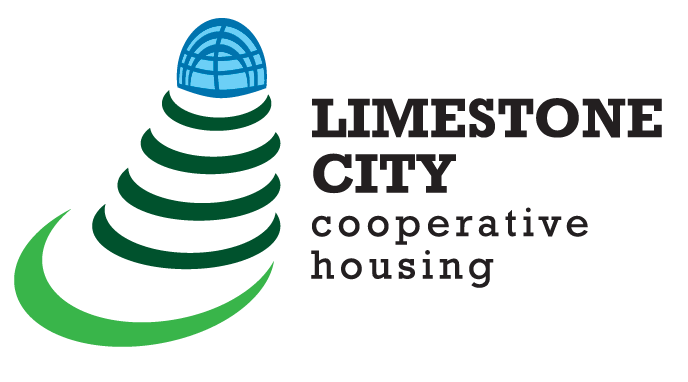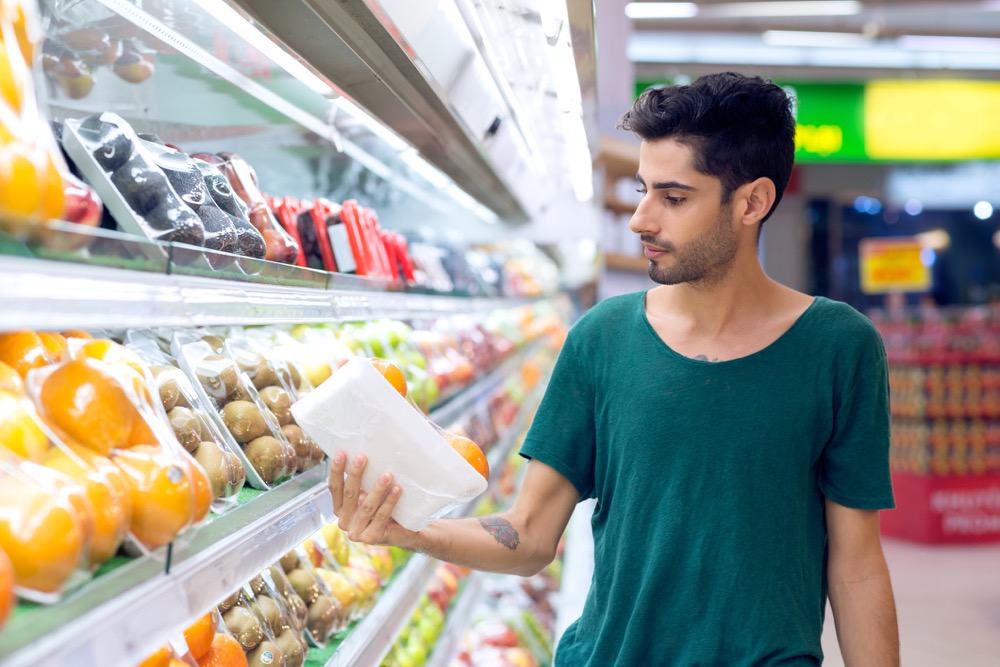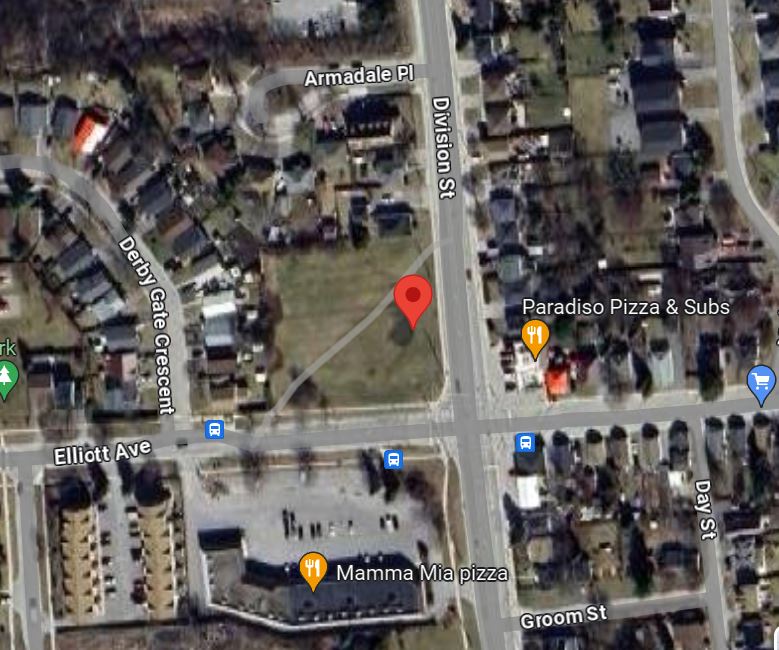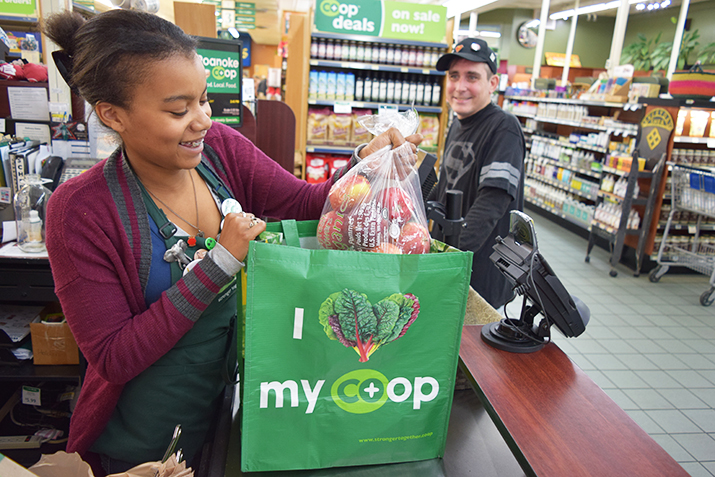Food Production Co-ops
Among the four major sectors in Kingston’s community greenhouse gas inventory, food is the most difficult to decarbonize—largely because global transportation systems for food are beyond local control. The City has identified that the best way to reduce emissions in this sector is to strengthen local food systems.
Currently, only about 2% of food consumed in Kingston is produced locally. Increasing that percentage would not only reduce “food miles” and the associated carbon footprint, but also keep more economic benefits within the community. Public feedback shows strong interest in local food, but concerns remain about high prices and limited variety. This points to a major opportunity: expanding local production and sales to improve both food equity and food security.
Indoor and urban agriculture can play a transformative role—building community, fostering skill-sharing, and connecting more residents with fresh, local food. The LCCH co-op will feature an integrated indoor food production facility aligned with Kingston’s Culinary Strategy and municipal guidelines for initiatives such as farm-to-table programs, farmers’ markets, and community gardens.
This approach will contribute to a healthier, more equitable society, stimulate the local economy, strengthen food security, and boost climate resilience. LCCH’s model is believed to be the first in Canada to combine non-profit co-operative housing with a full-scale, commercially viable indoor farm.










